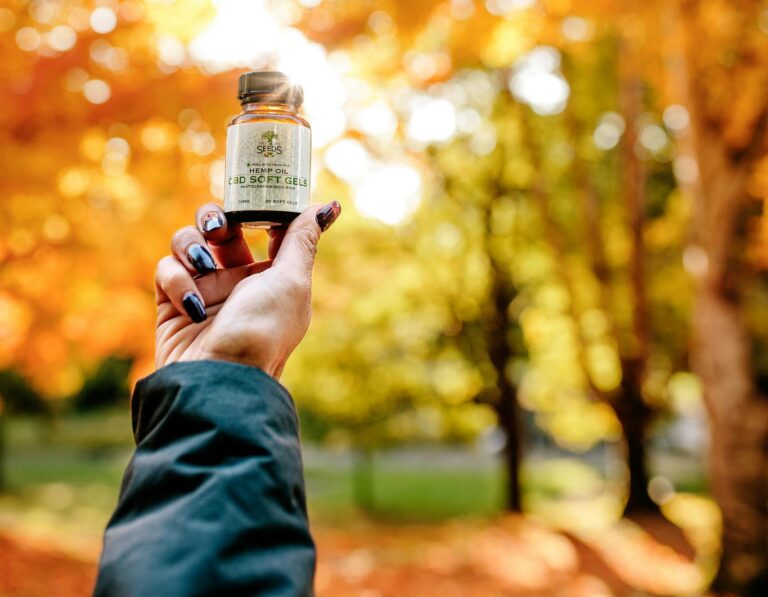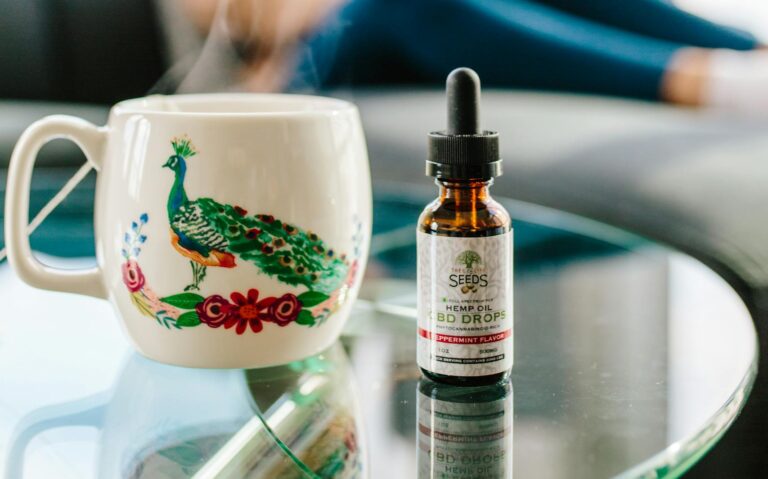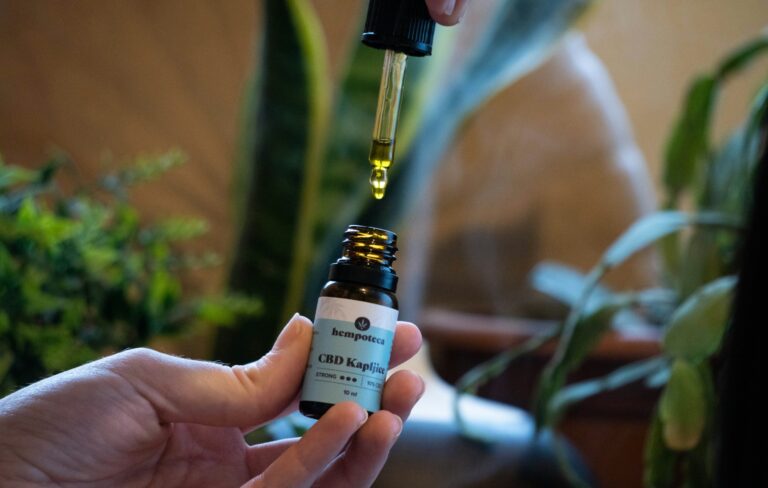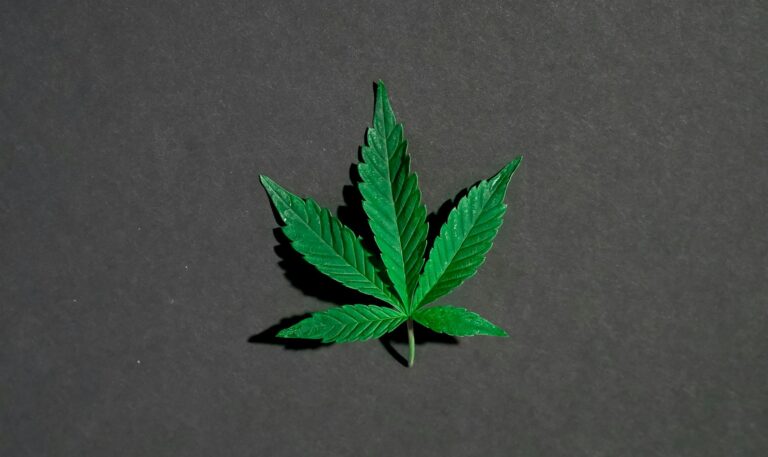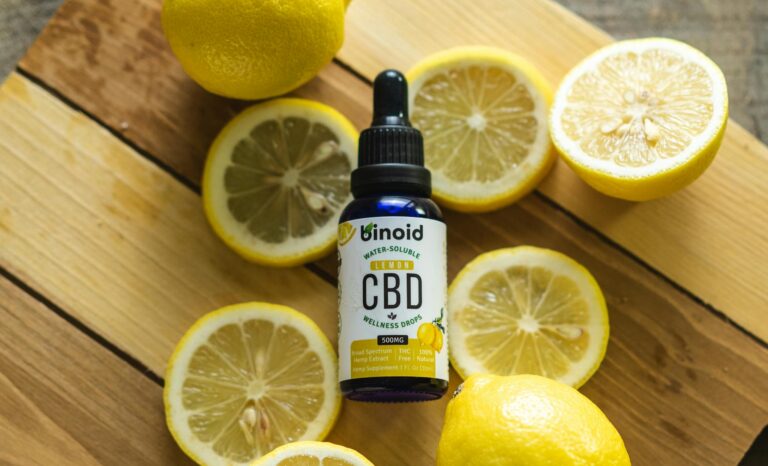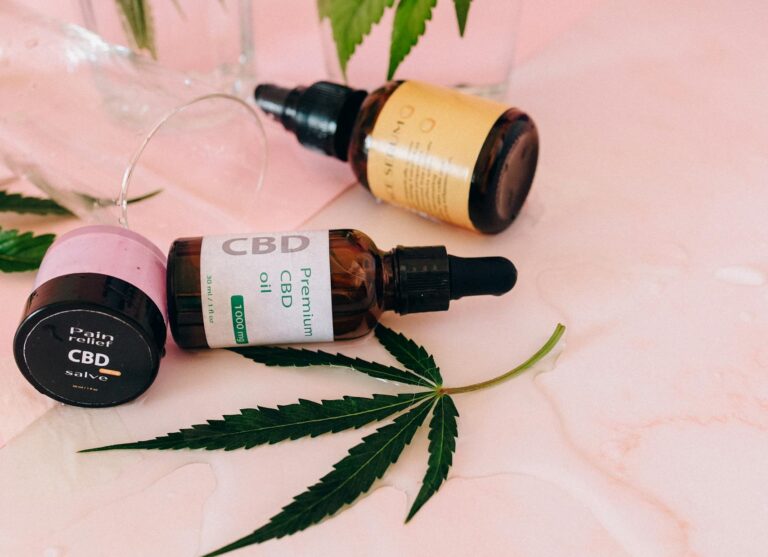What’s the Difference Between CBD and THC?
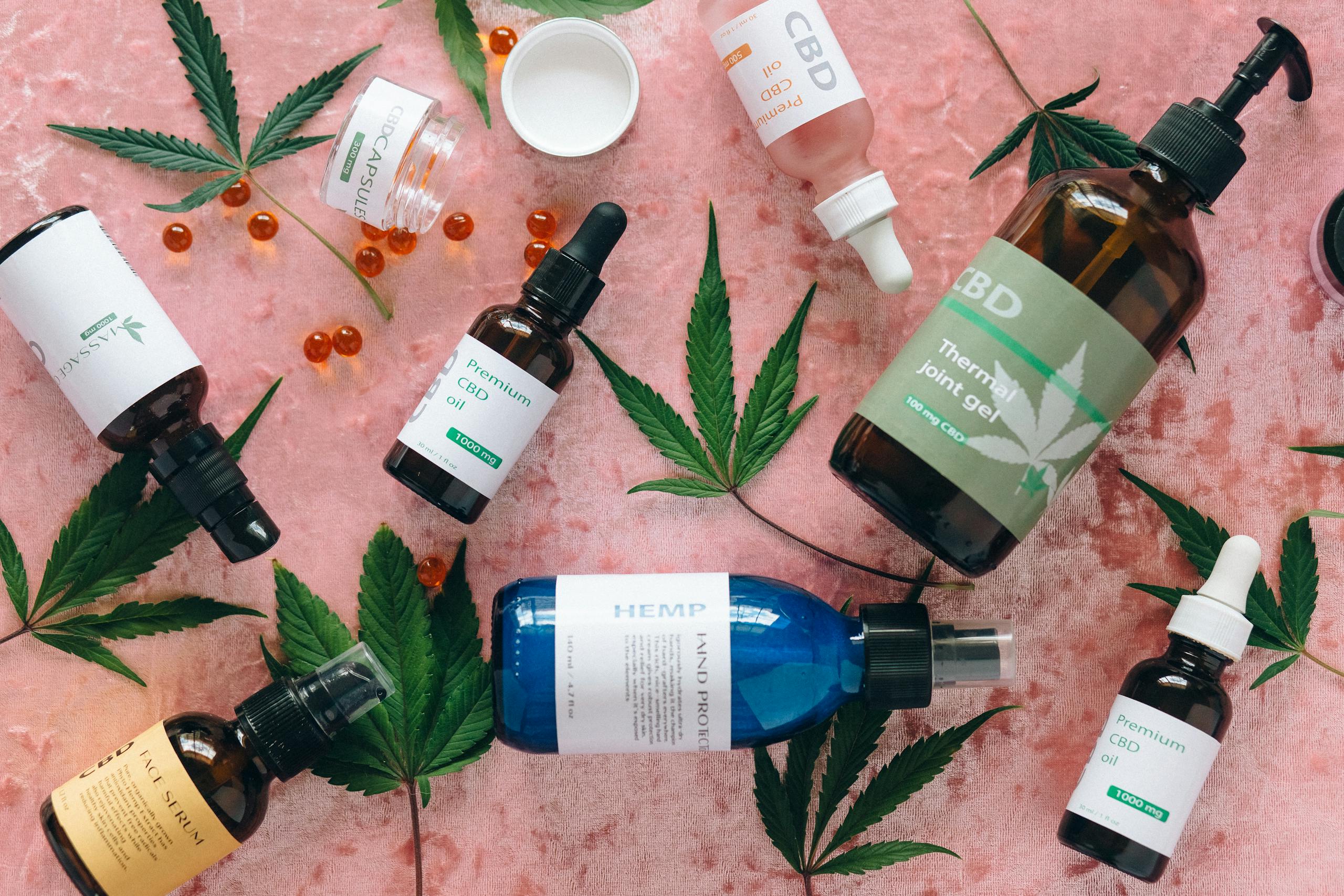
In recent years, both CBD (Cannabidiol) and THC (Tetrahydrocannabinol) have garnered widespread attention for their therapeutic properties. As more people seek natural alternatives to traditional medications, understanding what’s the difference between CBD and THC? becomes essential in navigating the world of cannabis products.
Understanding Cannabinoids
Before diving into the specifics of CBD and THC, it’s crucial to grasp what cannabinoids are and how they interact with our bodies.
The Basics of Cannabinoids
Cannabinoids are chemical compounds found in the cannabis plant that interact with cannabinoid receptors in the body. These receptors form part of the endocannabinoid system (ECS), which plays a vital role in regulating various physiological processes including mood, pain sensation, appetite, and memory.
The two primary cannabinoids that have been studied extensively are CBD and THC. While they share a similar molecular structure, their effects on the body can differ significantly.
The Endocannabinoid System Explained
The ECS comprises three main components: receptors, endocannabinoids, and metabolic enzymes.
- Receptors: The two main types of cannabinoid receptors are CB1 and CB2. CB1 receptors are predominantly located in the brain and central nervous system, while CB2 receptors are found in the peripheral nervous system and immune cells.
- Endocannabinoids: These are naturally produced by the body and help maintain homeostasis. When the body senses an imbalance, endocannabinoids activate receptors to restore it.
- Metabolic Enzymes: They break down cannabinoids after they’ve served their purpose, ensuring that their effects are temporary and tightly regulated.
Understanding the ECS’s complexity helps us appreciate how CBD and THC can influence various health outcomes.
The Rise of CBD and THC
In recent years, the popularity of CBD and THC has surged, leading to a variety of products available on the market. From oils and tinctures to edibles and topicals, these cannabinoids offer diverse options for consumers seeking natural remedies. However, despite their common origin in the cannabis plant, public perception often conflates them, leading to confusion.
Chemical Structure and Biological Effects
While CBD and THC are both cannabinoids derived from the cannabis plant, their molecular structures lead to vastly different effects on the body.
Molecular Comparison
CBD and THC have the same chemical formula (C21H30O2) but differ in their arrangement of atoms. This subtle difference drastically influences how each compound interacts with the body’s ECS.
- THC: Known for its psychoactive properties, THC binds primarily to CB1 receptors in the brain. This binding leads to the “high” associated with marijuana use, producing euphoria and altering perceptions.
- CBD: In contrast, CBD does not produce any euphoric effects as it has a low affinity for CB1 receptors. Instead, it may modulate the effects of THC and works primarily through other pathways, including CB2 receptors, which are linked to anti-inflammatory responses.
Therapeutic Benefits and Uses
Both CBD and THC offer potential therapeutic benefits, albeit through different mechanisms.
- THC Benefits: THC is recognized for its ability to alleviate pain, stimulate appetite, reduce nausea, and even serve as a sleep aid. Patients undergoing chemotherapy often find relief from nausea and vomiting due to THC’s effects.
- CBD Benefits: On the other hand, CBD is celebrated for its anti-anxiety, anti-inflammatory, and anti-seizure properties. Many individuals experiencing anxiety disorders or chronic pain have turned to CBD for relief without the intoxicating effects of THC.
Psychoactive vs. Non-Psychoactive Effects
One of the most significant differences between CBD and THC lies in their psychoactive properties.
- THC: Because of its interaction with CB1 receptors, THC is considered psychoactive. It alters mood, consciousness, and perception, which can create challenges for those who require clarity and focus.
- CBD: As a non-psychoactive compound, CBD allows users to experience the health benefits without the cognitive impairments associated with THC consumption. This makes CBD particularly attractive for those who need to perform daily tasks or operate vehicles.
Legal Status and Regulations
The legal landscape surrounding CBD and THC is complex and varies by country and state.
Legality of THC
- Federal Laws: In many countries, THC remains classified as a controlled substance. In the United States, the legality of THC products varies widely by state. Some states have legalized recreational use, while others allow only medicinal use.
- Medicinal Use: Even in regions where cannabis is illegal, medical cannabis programs exist that allow patients with specific conditions to access THC under a doctor’s supervision.
Legality of CBD
- Hemp-Derived CBD: With the 2018 Farm Bill in the U.S., hemp-derived CBD (containing less than 0.3% THC) became federally legal. However, laws regarding its sale and marketing vary from state to state.
- Quality Control: Consumers should be aware that the lack of strict regulations may lead to inconsistencies in product quality. Always looking for third-party lab tests can provide reassurance about the authenticity and safety of CBD products.
Navigating State and International Regulations
For individuals interested in using either CBD or THC, understanding local laws is crucial. Resources such as government websites or reputable organizations specializing in cannabis legislation can provide up-to-date information regarding legal statuses.
| Aspect | CBD | THC |
|---|---|---|
| Psychoactive | Non-Psychoactive | Psychoactive |
| Primary Benefits | Anti-anxiety, Pain relief | Pain relief, Appetite stimulation |
| Legal Status | Federally legal (hemp-derived) | Varies by state/country |
| Medical Approval | FDA approved for epilepsy | State-approved uses |
Safety and Side Effects
Understanding the safety profiles and potential side effects of both cannabinoids is essential for informed decision-making.
CBD Side Effects
While generally considered safe, some individuals may experience side effects when taking CBD, including:
- Fatigue: Some users report feelings of tiredness or lethargy after consuming CBD products.
- Digestive Issues: Nausea, diarrhea, and changes in appetite can occur in some individuals, particularly at higher doses.
- Drug Interactions: CBD can interact with certain medications, which may lead to adverse effects. Consulting with a healthcare professional before beginning CBD therapy is advisable.
THC Side Effects
THC can also induce several side effects, especially at high doses:
- Anxiety and Paranoia: Some users may experience heightened anxiety or paranoia, particularly if they are inexperienced with cannabis use or consume too much.
- Cognitive Impairment: As a psychoactive compound, THC can impair judgment and coordination, making activities like driving dangerous.
- Short-Term Memory Effects: Users often report difficulties with short-term memory recall following THC consumption.
Choosing the Right Option
When considering whether to use CBD or THC, individuals must evaluate their personal circumstances, health needs, and legal considerations.
- Consulting Professionals: Healthcare providers familiar with cannabinoids can offer insights tailored to individual medical history and treatment goals.
- Personal Preference: Some individuals may prefer the psychoactive effects of THC for relaxation, while others may seek the clarity and non-intoxicating benefits of CBD.
FAQs
What Are the Main Differences Between CBD and THC?
CBD is non-psychoactive and often used for its therapeutic benefits such as anxiety relief. In contrast, THC is psychoactive and produces a “high,” which can be beneficial for pain relief and appetite stimulation.
Is CBD Legal Everywhere?
CBD derived from hemp with less than 0.3% THC is federally legal in the U.S., but legality can vary by state. It’s important to check local laws before purchasing CBD products.
Can You Fail a Drug Test After Using CBD?
Yes, there is a possibility of failing a drug test after using CBD, especially if the product contains trace amounts of THC. Users should choose broad-spectrum or isolate CBD products to minimize this risk.
Does CBD Work for Everyone?
Not everyone will experience the same effects from CBD. Individual body chemistry, dosage, and method of consumption can all impact its effectiveness.
Are There Any Risks Associated with Using THC?
Yes, THC can cause side effects such as anxiety, cognitive impairment, and paranoia, particularly at high doses. Users should approach THC cautiously and consider their experience level.
Conclusion
Understanding what’s the difference between CBD and THC? is fundamental for anyone considering these cannabinoids for therapeutic purposes. While both offer unique benefits and applications, they cater to different needs and preferences. Whether you’re seeking pain relief through THC’s psychoactive effects or opting for the calming, non-intoxicating benefits of CBD, being informed will help you make the best choice for your health and well-being.

